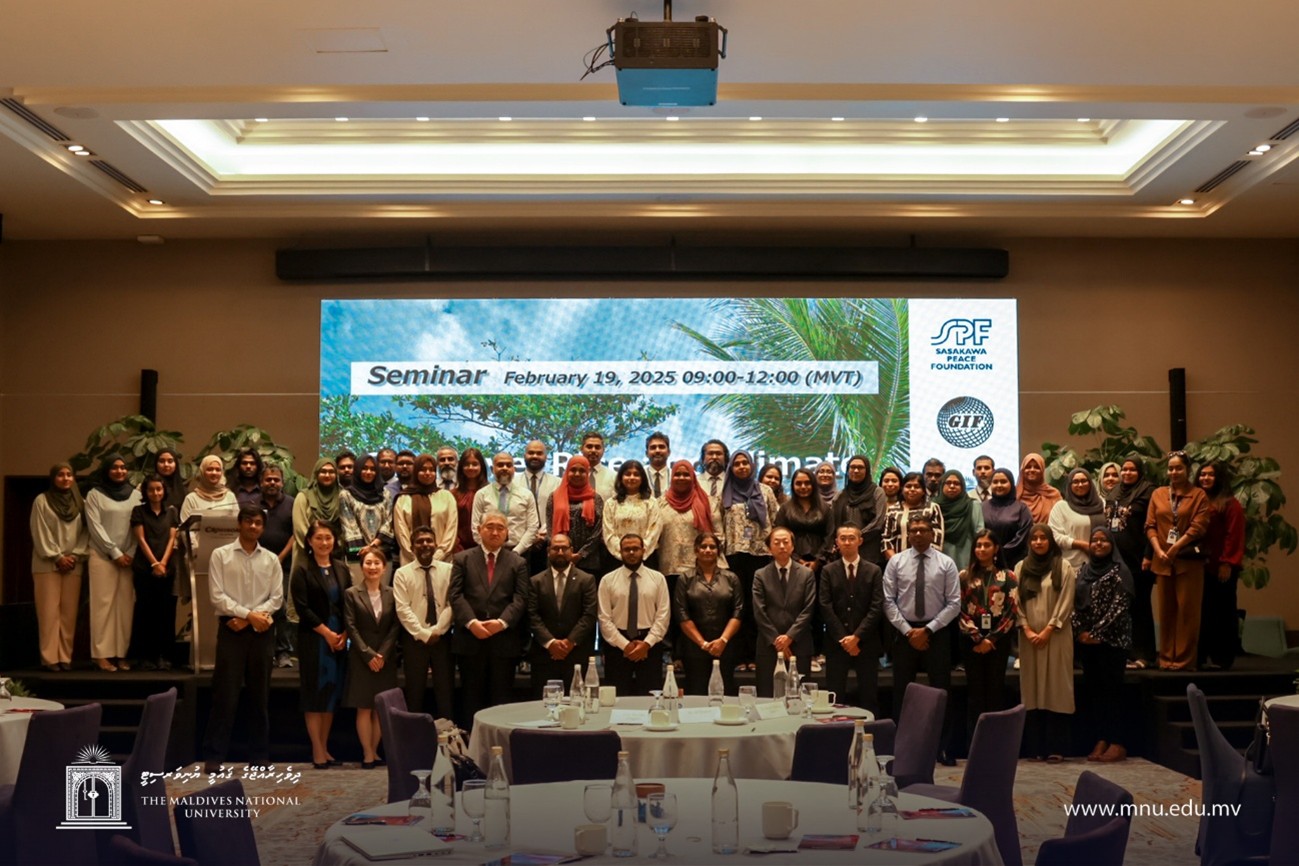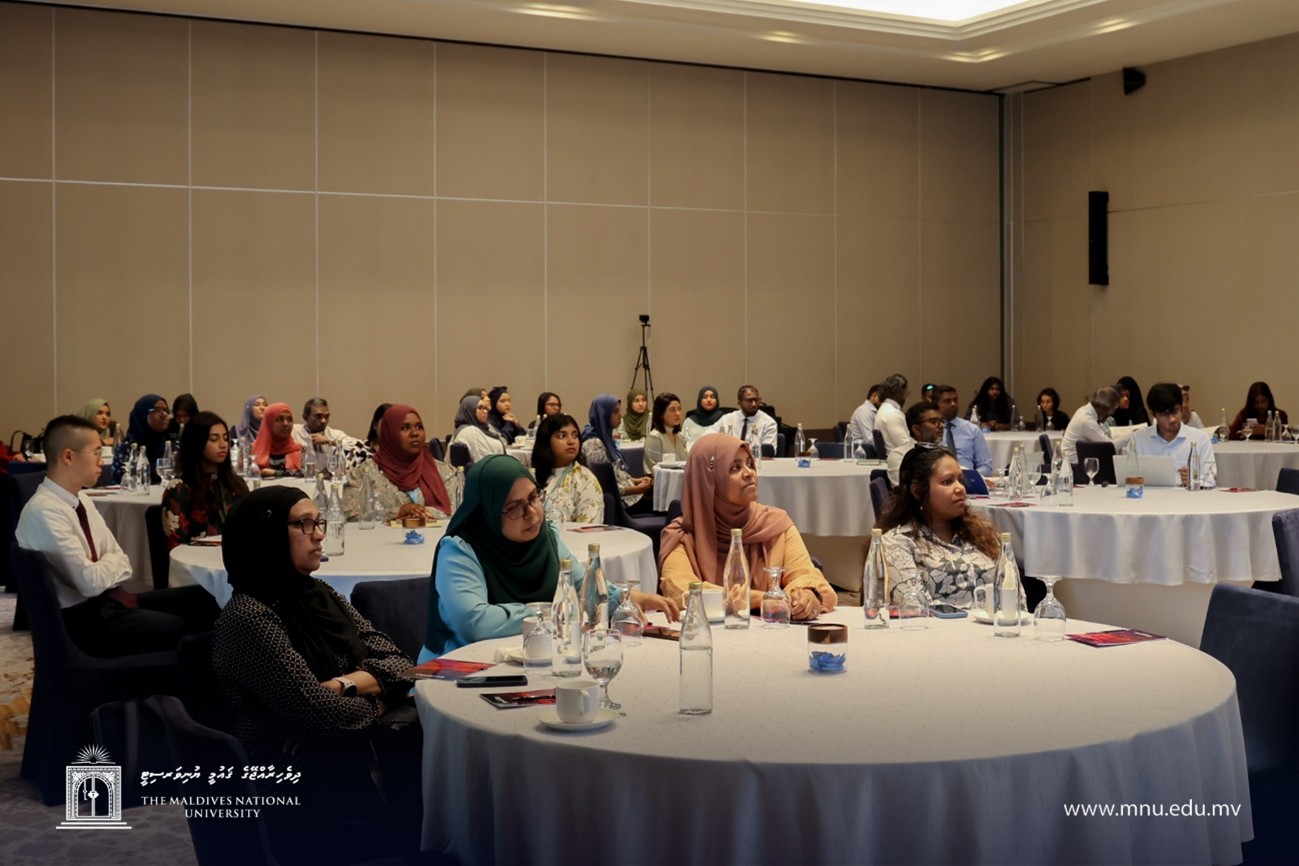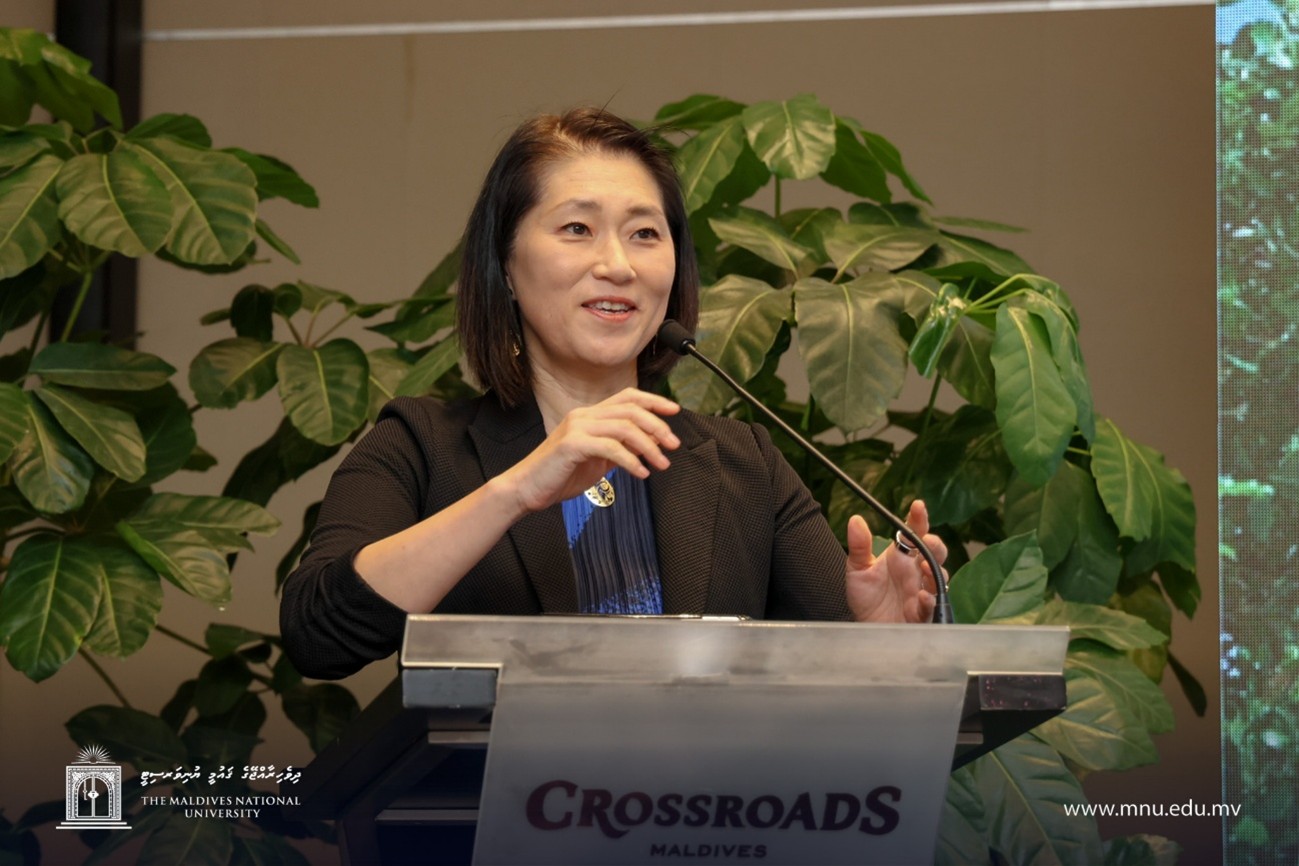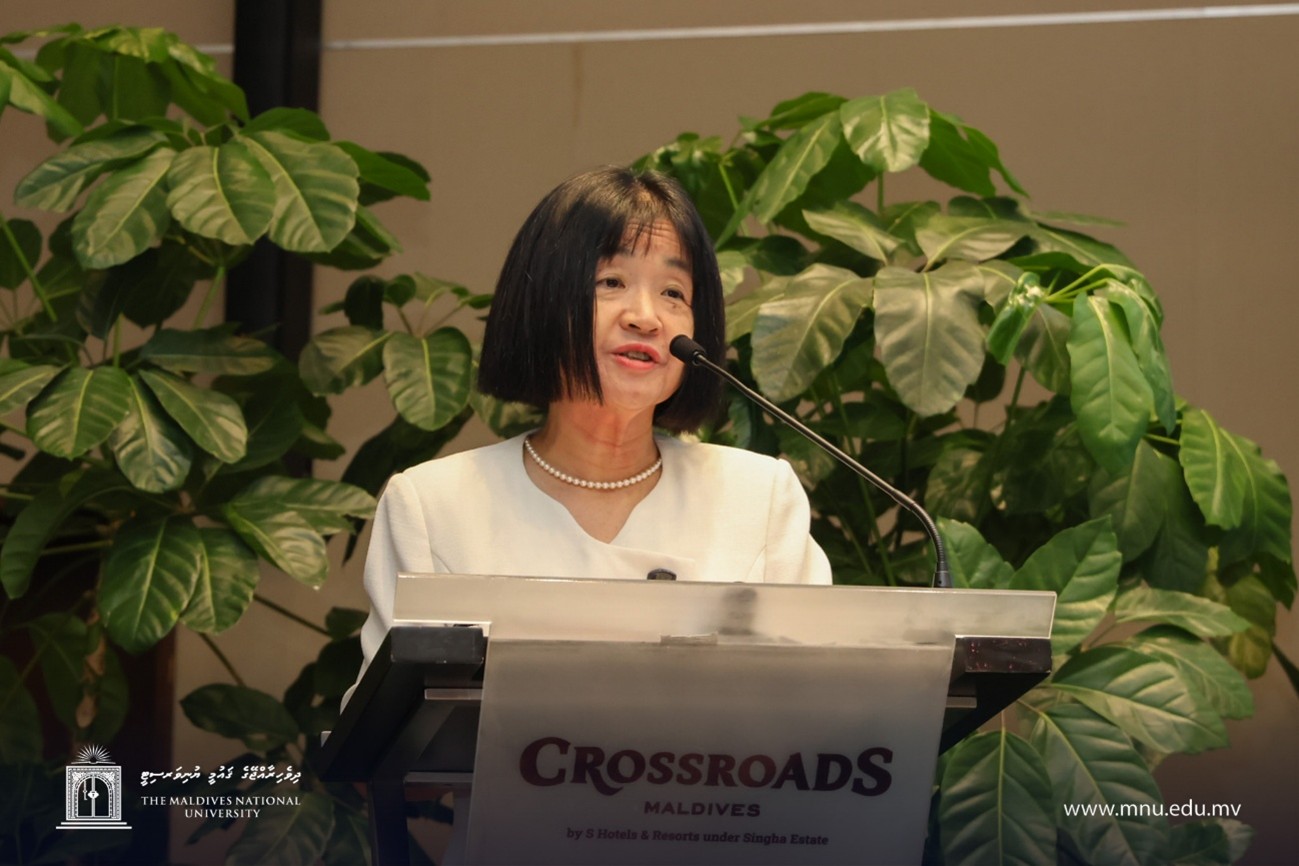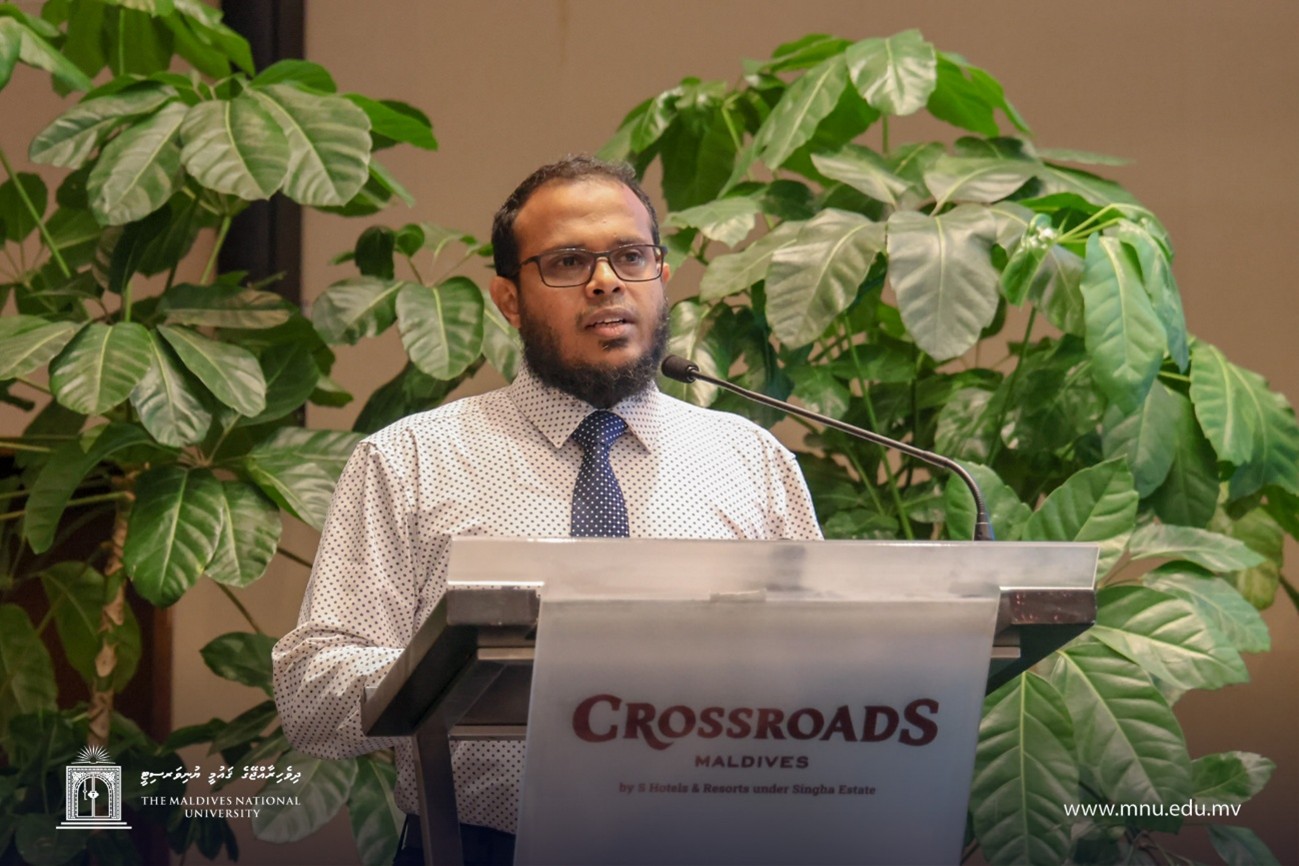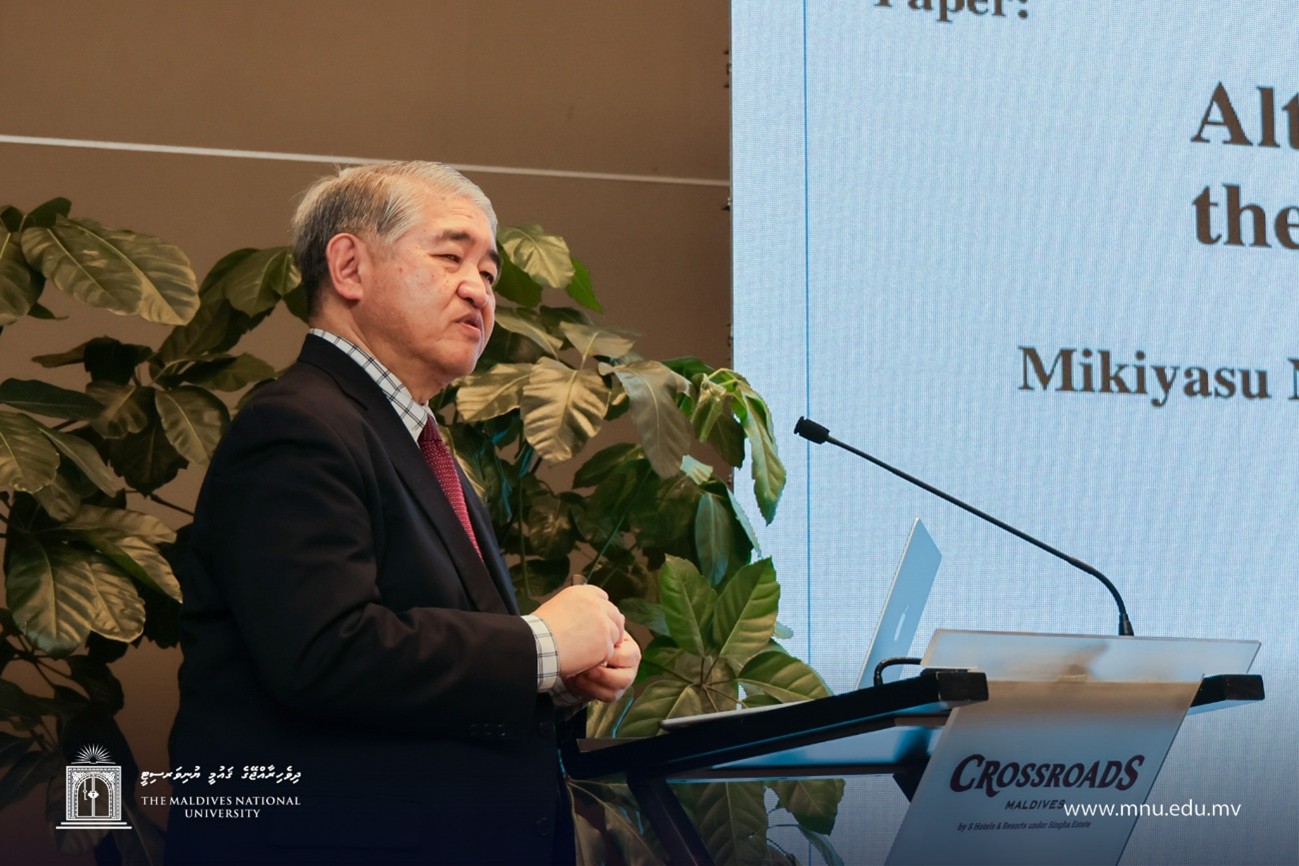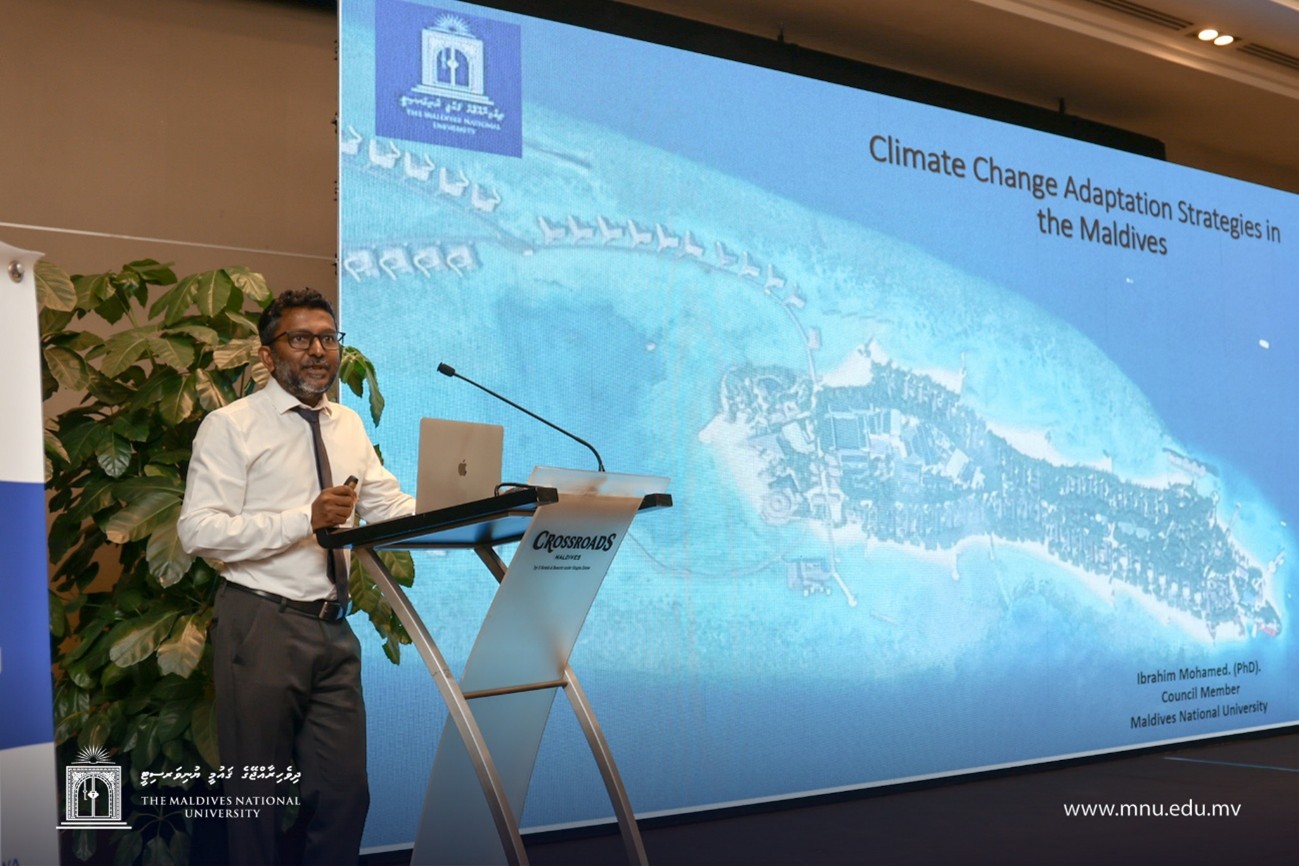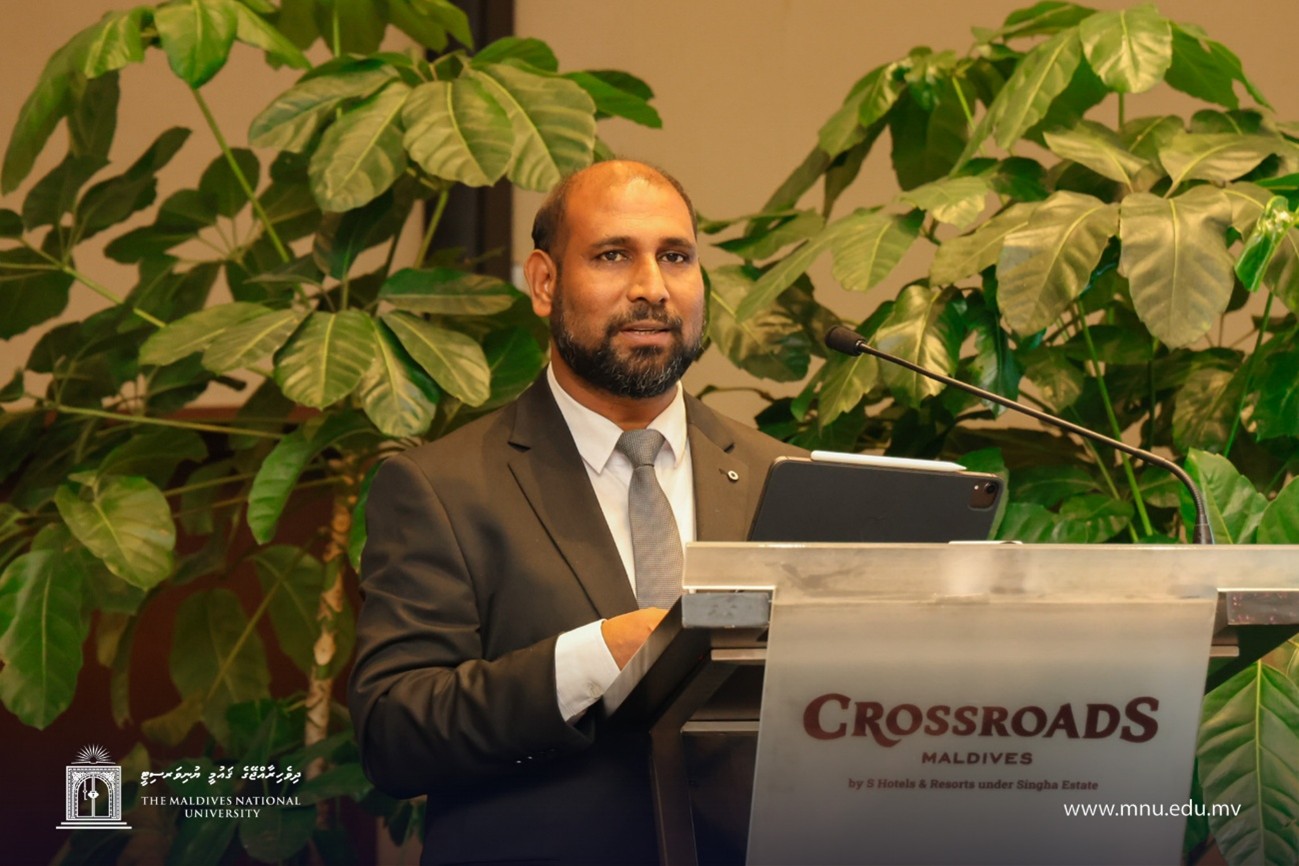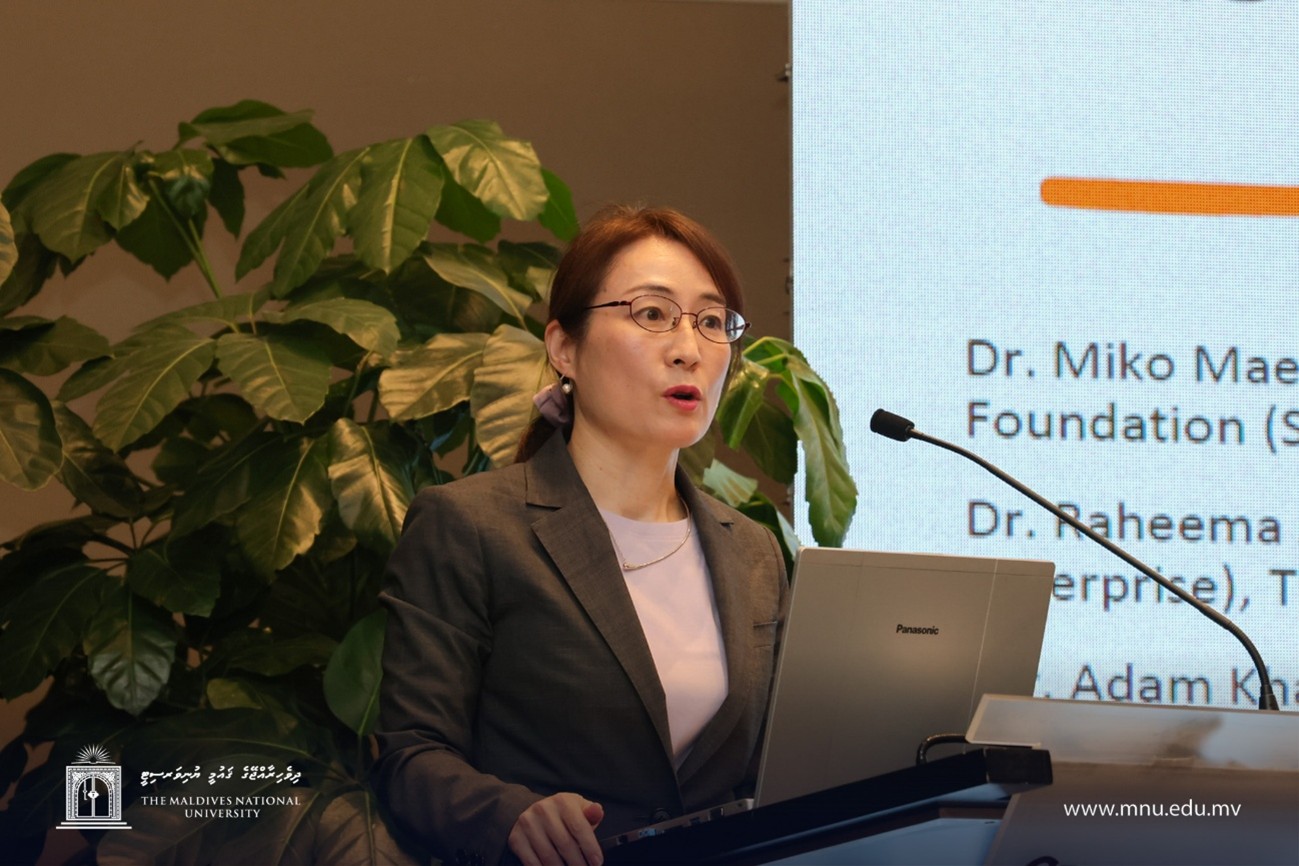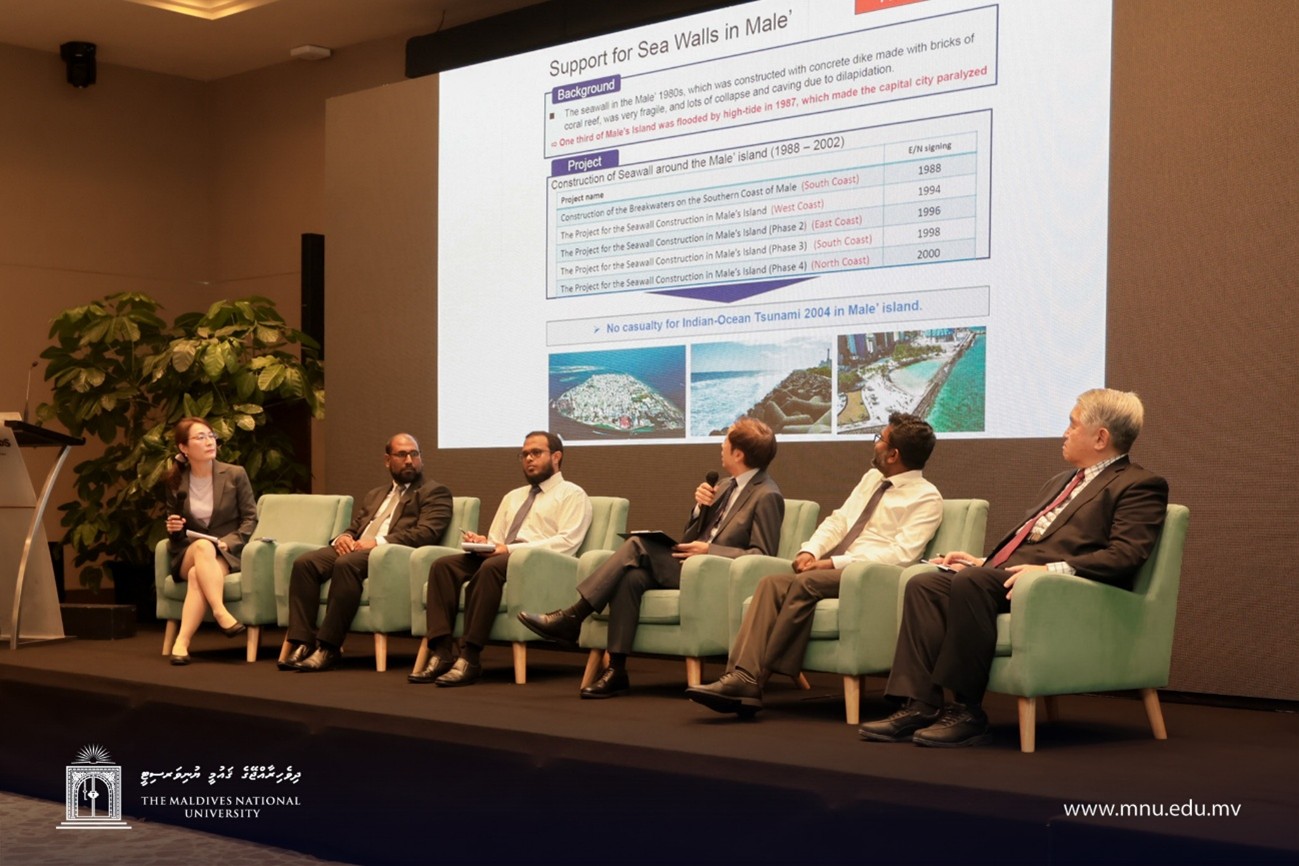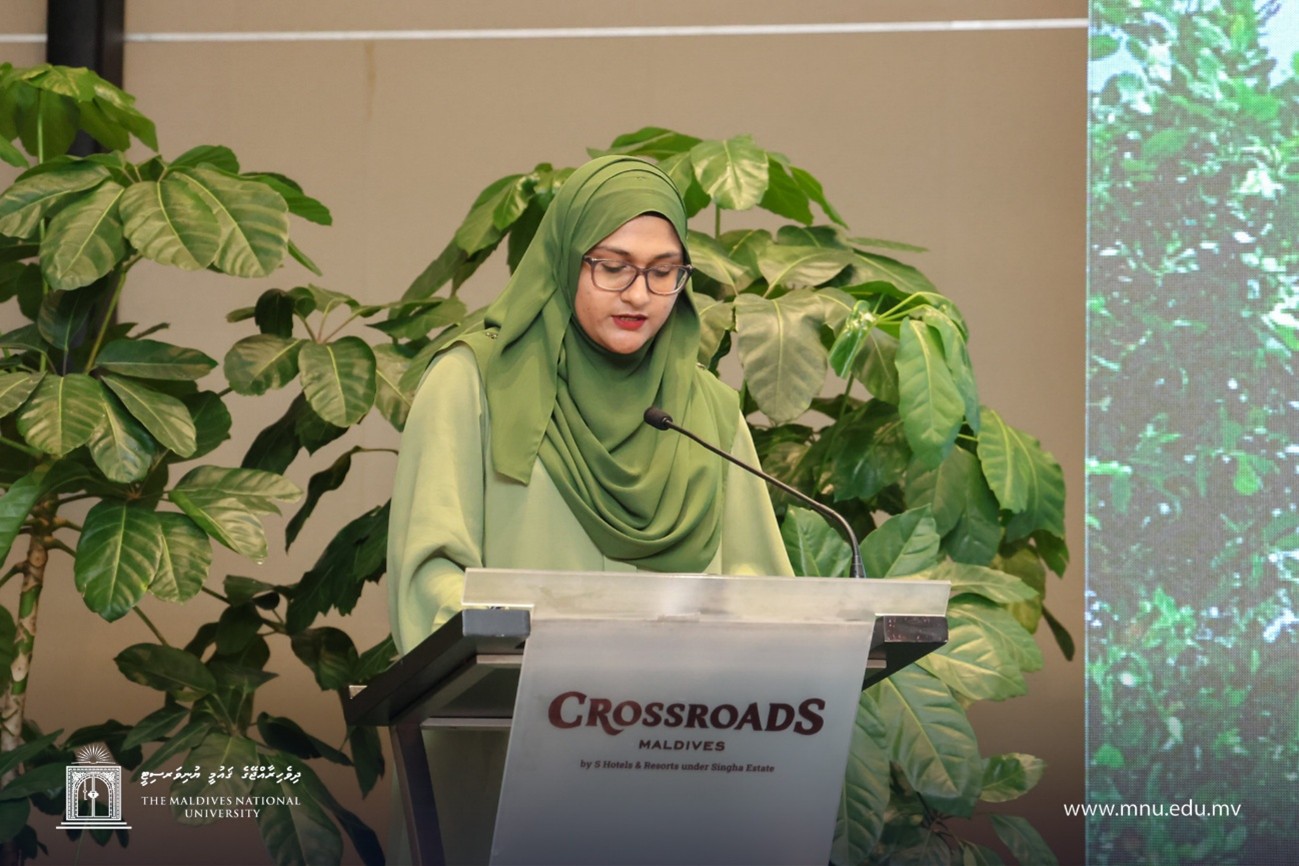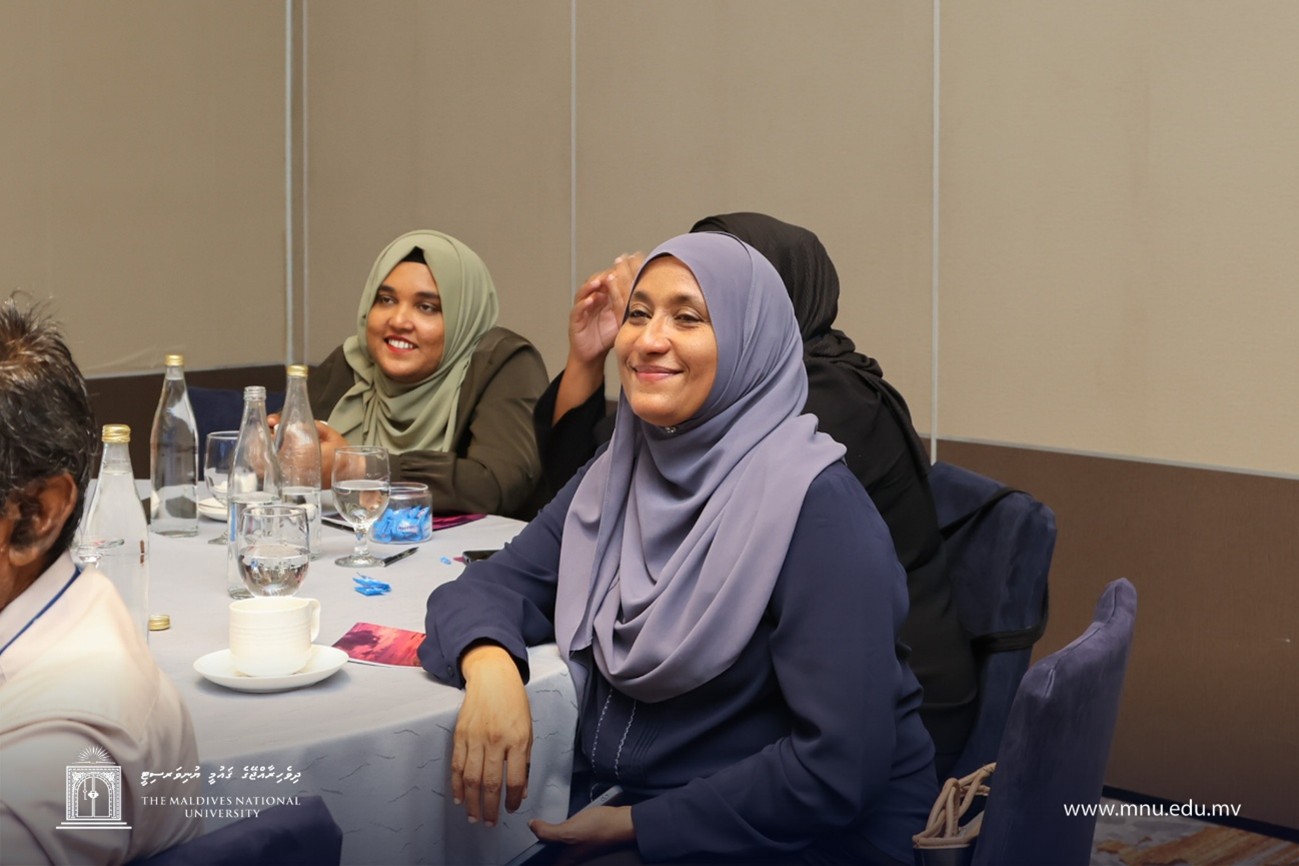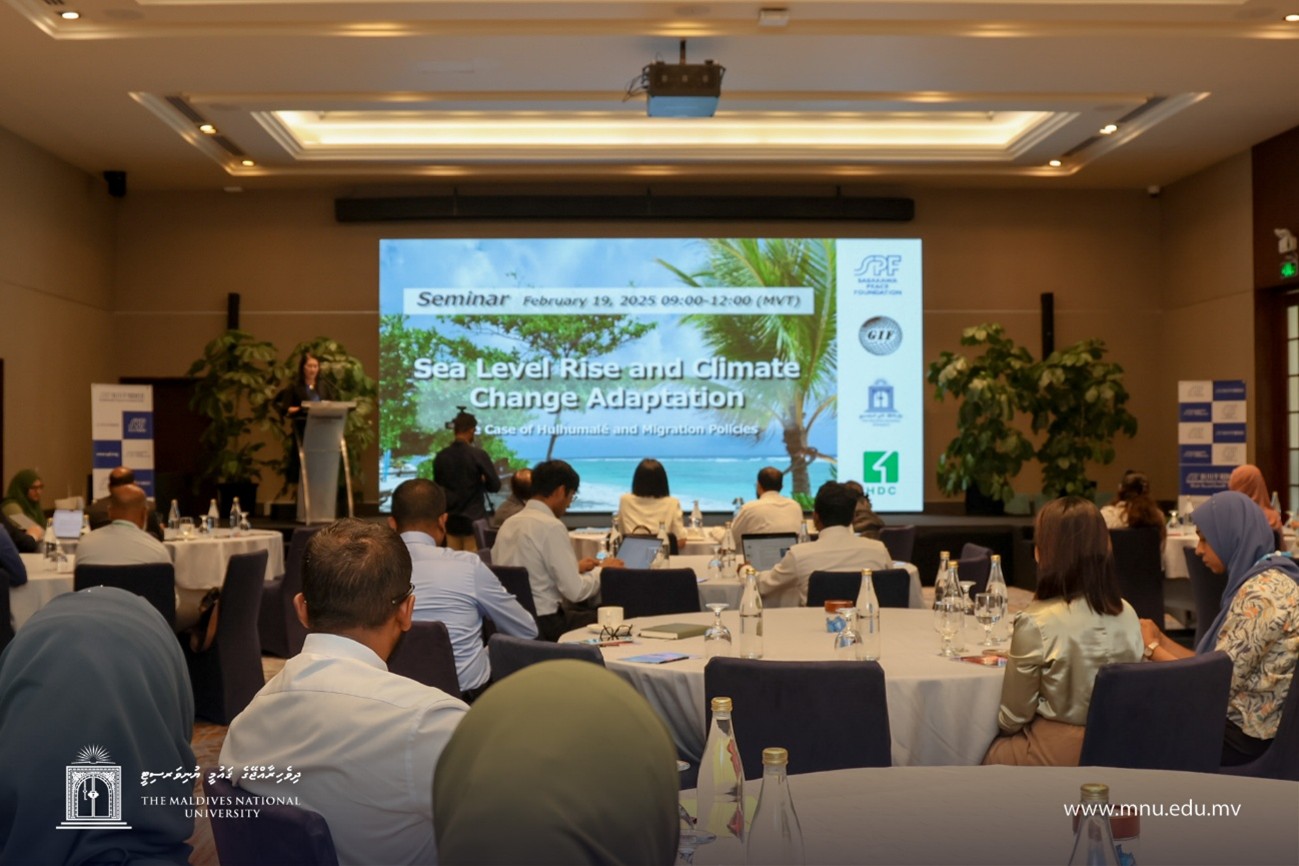Event Report: Bangkok Metropolitan Administration's Visit to Shinjuku Ward and Yokohama City for Multicultural Coexistence Efforts
In the Project on Education Support for Migrant Children through Mutual Learning between Thailand and Japan, efforts are being made in Thailand, which accepts many migrants from neighboring countries, to raise awareness of the education system and support Thai language learning so that children of migrant workers can continuously receive public education. To draw on Japan’s experience in multicultural education, officials from Bangkok Metropolitan Administration (BMA), one of the pilot sites, visited Shinjuku Ward and Yokohama City to observe educational initiatives for children with foreign backgrounds.
